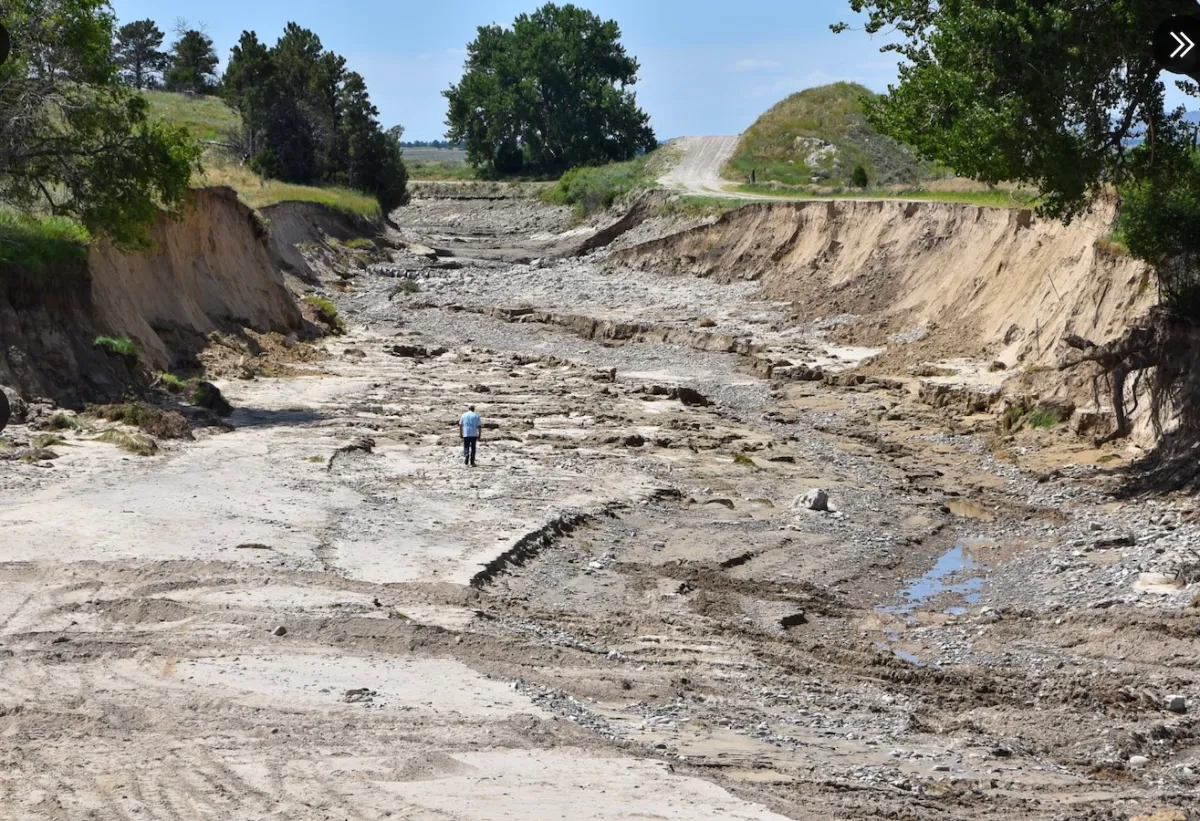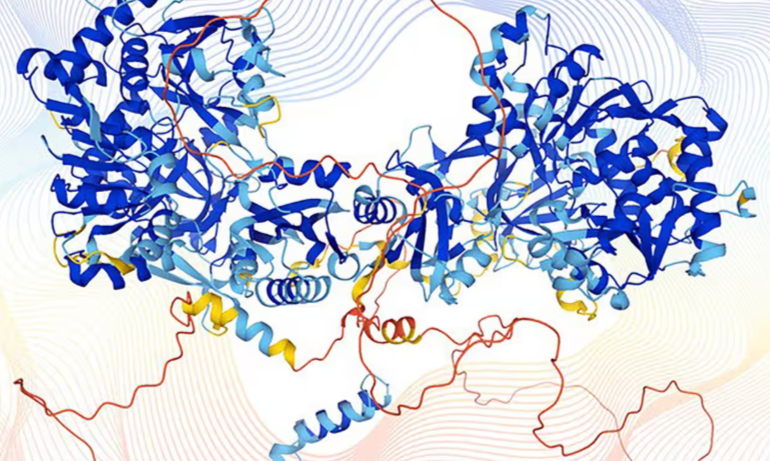Artificial intelligence is increasingly shaping the future of medical research, with one of the most significant advancements being AlphaFold—an AI system developed by Google DeepMind, the Guardian reports.
Since its introduction in 2020, AlphaFold has revolutionized structural biology by accurately predicting protein structures in a fraction of the time previously required. This breakthrough has already influenced drug discovery, helped solve fundamental biological questions, and even contributed to Nobel Prize-winning research.
Proteins are essential for nearly all biological processes, and understanding their structure is key to unlocking their function. Traditional methods for determining protein structures, such as X-ray crystallography, could take years and required large amounts of purified proteins. AlphaFold, however, predicts 3D protein structures based on their amino acid sequences, significantly speeding up and simplifying the process.
In its first major test at a protein-structure competition in 2020, AlphaFold performed so well that some initially doubted its legitimacy. It quickly became the leading technology in the field, and its database has since expanded to include around 250 million protein structures. These structures are accessible to researchers worldwide, allowing many more scientists to study proteins than ever before.
Dr. Pauline Lascaux, a molecular and structural biologist at the University of Oxford, emphasized the technology’s widespread adoption, noting that over 90% of the studies she reviews cite AlphaFold. She also credited the AI with playing a crucial role in her research on how cells repair DNA.
One of the most promising applications of AlphaFold is in drug development. For example, a recent study used AlphaFold to predict the structure of the serotonin receptor, which regulates mood. Researchers then virtually screened 1.6 billion molecules to identify those that could bind to the receptor more effectively than existing drugs. This approach, known as in silico testing, could lead to new treatments for mood disorders and other conditions.
AlphaFold has also contributed to key discoveries, including:
Mapping the nuclear pore complex, a critical structure involved in DNA regulation and linked to cancer and neurodegenerative diseases.
Identifying a potential new drug for liver cancer, which successfully inhibited tumor growth in lab tests.
Designing a “molecular syringe”, a tool for delivering therapeutic proteins into human cells.
Beyond AlphaFold, AI is playing an increasing role in tackling complex medical challenges. A related DeepMind project, AlphaMissense, focuses on genetic mutations, helping scientists determine whether small changes in DNA may cause diseases. This could significantly improve the diagnosis and treatment of rare genetic disorders.
Additionally, biotech companies are building on AlphaFold’s discoveries. For example, AlphaProteo designs molecules that interact with proteins in new ways, potentially leading to treatments for conditions such as Covid-19, cancer, and autoimmune diseases.
While no drugs developed using AlphaFold have yet entered human trials, the potential is vast. If successful, AI-driven drug discovery could accelerate the development of new medicines, make previously “undruggable” targets treatable, and even allow individuals to contribute to scientific breakthroughs.
Historically, medicine has evolved through different phases of drug discovery. The first generation relied on natural sources, such as aspirin from willow tree bark. The second generation, driven by biotechnology, led to breakthroughs like Ozempic. Now, the “third generation—AI-driven drug discovery” is beginning to take shape, promising faster, more efficient, and more targeted approaches to treating diseases.










The latest news in your social feeds
Subscribe to our social media platforms to stay tuned